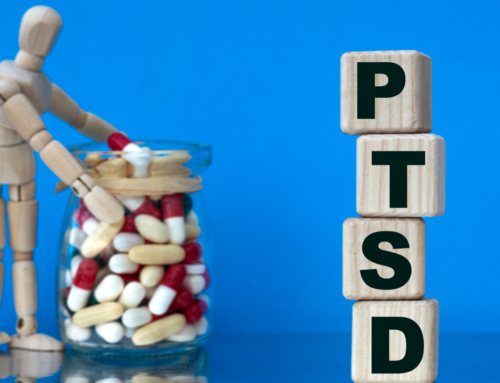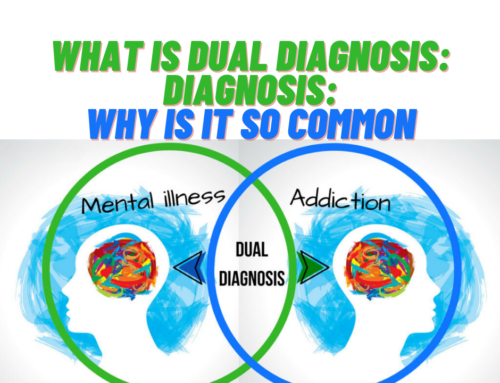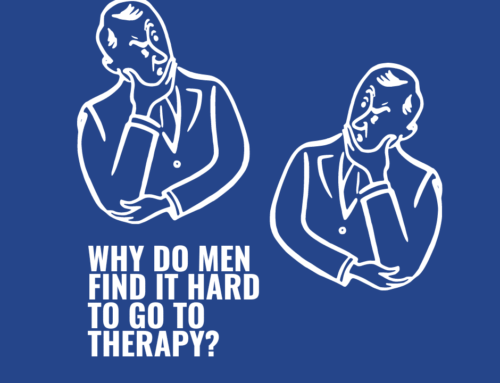Your gut and brain function better on clean, unprocessed foods. Changing your eating habits to reflect around foods that better your brain and gut health can help you feel more motivated, happier, and healthier. As a result, eating healthier can help you sustain recovery and improve your mental health.
The Connection Between Eating Habits and Mental Health
Many people know that your brain needs a certain kind of energy to function properly. However, some people may not realize that a poor diet can cause inflammation, stress, impaired brain function, and worsened mood disorders.
According to an article by Harvard Health Publishing, “Nutritional psychiatry: Your brain on food,” high-quality food protects your brain from damage caused by the waste produced when the body uses oxygen. If the waste that’s produced is able to run free in the brain, the inflammation that is caused as a result not only worsens your physical health prospects but can worsen your mood.
Not only can a poor diet affect your brain, but your second brain – your gut – can have a significant influence on your behaviors for better or for worse. One study states that the composition of bacteria in the gut can indicate mood disorders and has been linked to severe diseases and psychiatric disorders as well.
Three Healthy Eating Habits to Aid in Recovery
Changing your eating habits can be simple. You don’t need to go on any crazy diets to better your brain and gut health. In fact, according to Harvard Health Publishing’s article “When dieting doesn’t work,” diets are most often unsuccessful for long-term results.
Instead, to make healthy changes to your diet, you can try:
#1. Eating Breakfast
Eating breakfast in the morning after sleeping all night can help you make healthier choices throughout the day. Include at least two food groups — such as whole grains, lean protein, dairy, or fruits and vegetables — at breakfast to put you on track for a day of healthy eating.
#2. Drinking Water
Water is a crucial nutrient that often gets overlooked. Sometimes thirst can be misinterpreted as hunger. Check-in with your body when you feel hungry, especially later in the day. Drinking a glass of water before eating can satisfy your thirst and keep you from eating when you are not hungry.
#3. Knowing What’s in Your Food
Eat foods that contain only ingredients that you can easily identify and foods with just a few ingredients. Eating more of these types of foods will help you cut out processed food, such as chips, cookies, and frozen meals. However, it is essential to remember that it is never a bad thing to indulge in the foods you enjoy.
When in recovery, maintaining healthy habits can make your everyday life and decisions so much easier. When your brain and body are functioning properly, so is your motivation to stay focused. At Alta Loma, nutrition education is just one of the many offerings we provide to help our clients stay in recovery outside of treatment. We want to provide our clients with life skills and education to help them take charge of their recovery. For information about our treatment options, call Alta Loma at (866) 457-3843.



